Kenyan Professionals Abandon Urban Centers for Rural Opportunities
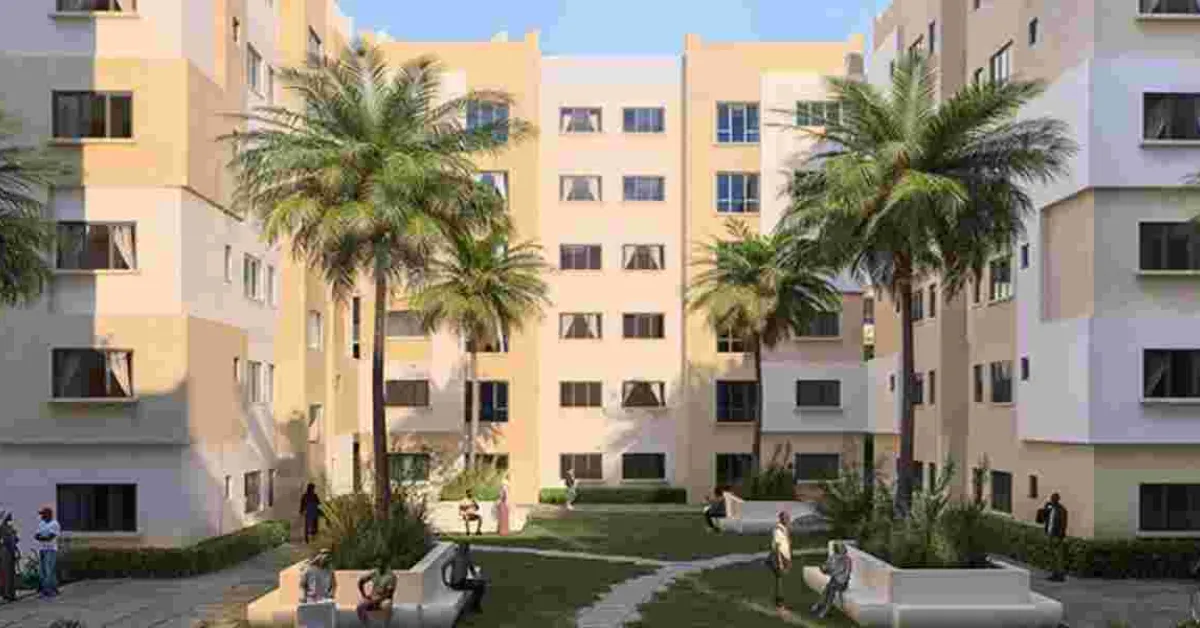
The traditional migration pattern in Kenya has long been characterized by a steady movement from rural to urban centres, driven by aspirations for economic advancement and better opportunities.
However, a major shift is now emerging with urban residents increasingly gravitating towards rural regions, motivated by evolving work dynamics and quality of life considerations. Major urban centres like Nairobi and Mombasa, historically perceived as economic powerhouses, are experiencing mounting challenges such as overcrowding, escalating cost of living, and deteriorating urban infrastructure. These conditions have catalyzed a reverse migration trend, with professionals and families seeking more sustainable and affordable living environments in rural counties.
Nyeri County exemplifies this transformative trend. A two-bedroom apartment in Nyeri town averages approximately Sh15,000 monthly, which represents a substantial 50% reduction compared to Nairobi's typical rental rates. Moreover, daily living expenses in rural areas are considerably more economical thus enabling household savings. The Covid-19 pandemic restructured workplace shifts, with remote work emerging as a crucial enabler of this demographic transition. Digital connectivity has dismantled traditional geographical constraints, empowering professionals to maintain urban employment while residing in rural settings.
Nyeri's enhanced telecommunications infrastructure and strategic proximity to Nairobi create an ideal environment for this new breed of digital nomads. Technological advancements have been instrumental in facilitating this migration with high-speed internet accessibility in rural regions effectively bridging previously existing infrastructure gaps. Professionals like Wanjiku Kamau lauds the transformative potential of remote work, highlighting how technological connectivity enables a more balanced lifestyle that combines professional effectiveness with personal well-being.
The real estate sector has responded dynamically to this emerging trend with counties such as Nyeri and Laikipia are experiencing substantial property development investments. Developers are strategically constructing modern residential complexes, gated communities, and mixed-use developments to accommodate the growing demand from urban migrants seeking refined rural living experiences. Nisiri Ventures Chief Executive Charity Nyoike observes that middle-income housing developments are proliferating, driven by professionals and retirees seeking alternative lifestyle models.
These developments are not merely residential solutions but represent broader economic opportunities thus attracting investments in land, housing, and sustainable infrastructure. Laikipia County also emerges as a destination for innovative land use with Eco-friendly developments, including holiday homes and agribusiness projects, are gaining prominence. Improved regional infrastructure including transportation networks, healthcare facilities, and educational institutions has substantially enhanced the region's attractiveness for both residential and investment purposes.


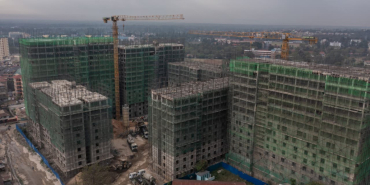

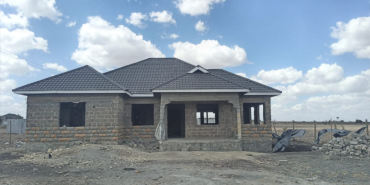
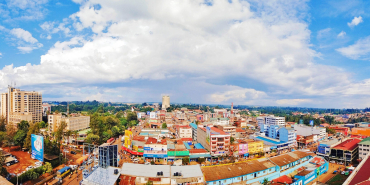
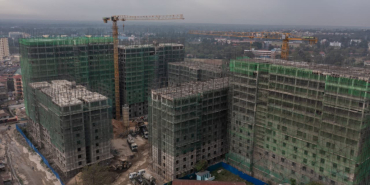
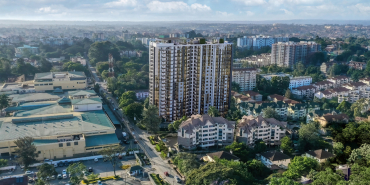






Add new comment